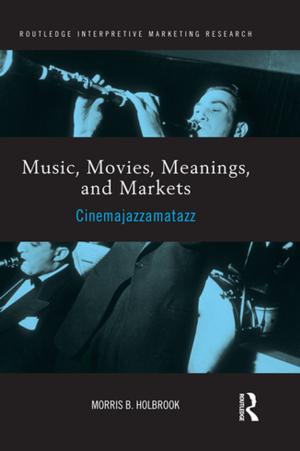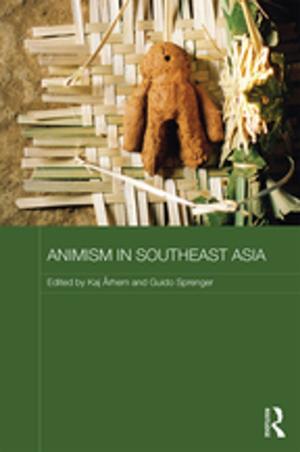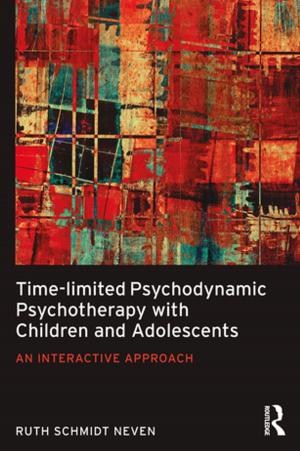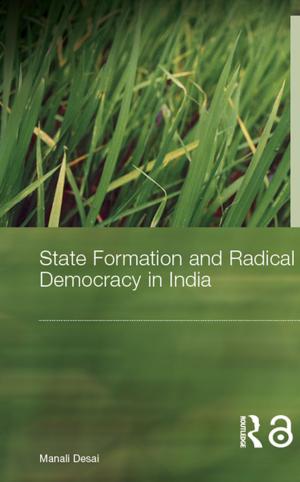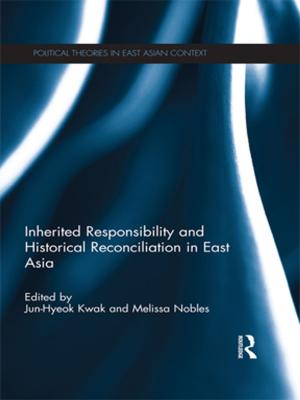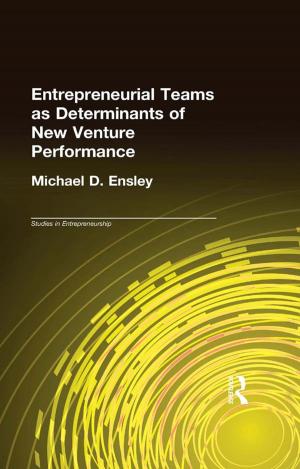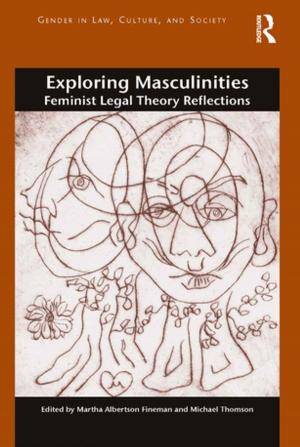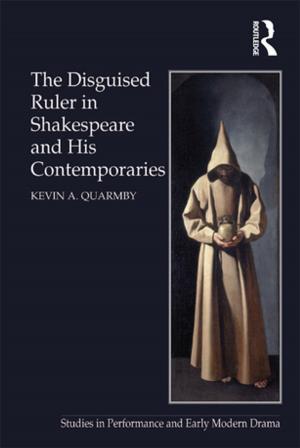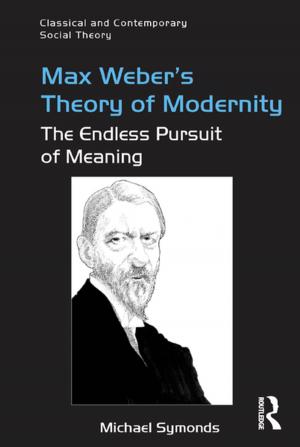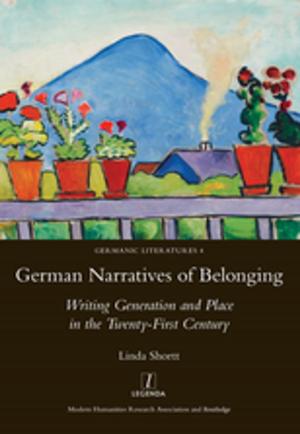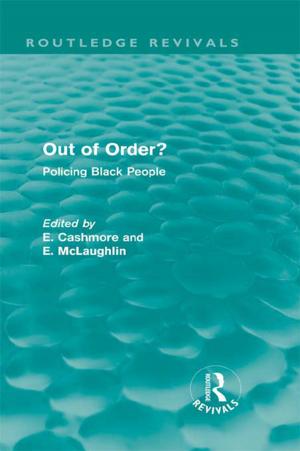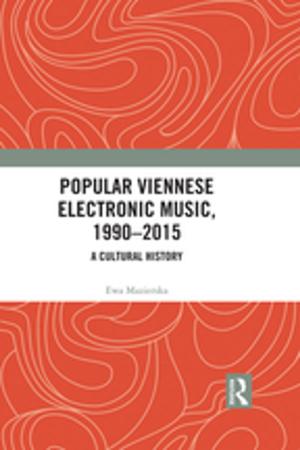Sterne’s Whimsical Theatres of Language
Orality, Gesture, Literacy
Fiction & Literature, Literary Theory & Criticism| Author: | Alexis Tadié | ISBN: | 9781351897914 |
| Publisher: | Taylor and Francis | Publication: | March 2, 2017 |
| Imprint: | Routledge | Language: | English |
| Author: | Alexis Tadié |
| ISBN: | 9781351897914 |
| Publisher: | Taylor and Francis |
| Publication: | March 2, 2017 |
| Imprint: | Routledge |
| Language: | English |
This study addresses the intricate links between oral culture and literate culture in the eighteenth century. Tadié traces how perceptions and representations of language move from a dominance of the spoken work to a dominance of the written word; and this is echoed in the order of the five chapters on conversation, gesture, theatre, fiction, and print. Tadié offers a reading of Sterne's works, arguing that the use of language lies at the centre of Sterne's art; he approaches the historical dimension of the texts in the context of eighteenth-century theories of language. He brings into focus the heterogeneity of Sterne's texts; and he demonstrates how Sterne's awareness for the variations of language links up with his interest in the form of the book, and with the use of all the potentialities of print. The study broaches the issue of the 'rise of the novel' in the eighteenth century. it refuses the idea of progress, or of slow emergence of the novel in the eighteenth century, which would lead progressively from Defoe to the Fielding-Richardson debate, to a possible view of Sterne as the great ironist of the form of the novel. Tadié asserts that Sterne's writings do not simply address the nature of the novel, but they engage with all the forms of language representation made available by the culture of the age.
This study addresses the intricate links between oral culture and literate culture in the eighteenth century. Tadié traces how perceptions and representations of language move from a dominance of the spoken work to a dominance of the written word; and this is echoed in the order of the five chapters on conversation, gesture, theatre, fiction, and print. Tadié offers a reading of Sterne's works, arguing that the use of language lies at the centre of Sterne's art; he approaches the historical dimension of the texts in the context of eighteenth-century theories of language. He brings into focus the heterogeneity of Sterne's texts; and he demonstrates how Sterne's awareness for the variations of language links up with his interest in the form of the book, and with the use of all the potentialities of print. The study broaches the issue of the 'rise of the novel' in the eighteenth century. it refuses the idea of progress, or of slow emergence of the novel in the eighteenth century, which would lead progressively from Defoe to the Fielding-Richardson debate, to a possible view of Sterne as the great ironist of the form of the novel. Tadié asserts that Sterne's writings do not simply address the nature of the novel, but they engage with all the forms of language representation made available by the culture of the age.

